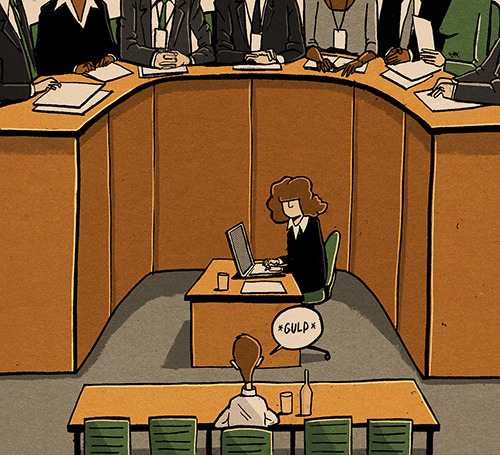Editorial: From Port Talbot to London, defined benefit pensions have become the worry of the nation - probably rightly so.
While business secretary Sajid Javid is eager to preserve the steel industry and save jobs amid Tata’s withdrawal from UK steel, Tata and the British Steel Pension Scheme trustees are keen to keep the scheme out of the Pension Protection Fund.
To square this circle, the government has launched a consultation, ending on referendum day, on whether to switch all accruals related to the scheme from the retail to the consumer price index.
The trustee chair has said this could fund the scheme sufficiently to make the business attractive for any buyer who would have to take on its colossal DB obligations, but others question whether such a move on its own could really make the £14bn DB liabilities any more palatable to potential suitors.
Meanwhile, the BHS saga has entered the next stage. Both past and present trustees were grilled by the select committee on Wednesday, when the speed of their derisking plan was questioned, and former trustee chair Margaret Downes was put on the spot about where the value of the pension fund went between 2007 and 2009.

Illustration by Ben Jennings
The committee members also put their finger on how normal it is for a business owner to make investment suggestions to pension trustees, like Philip Green did according to Downes, which she added was, in her experience, not unusual – since the scheme investments and its funding position could have a big impact on a corporate balance sheet.
While many sponsors and trustees might be living this reality, the fact it was highlighted by the committee raises questions over how employer-trustee relations should be managed, and what rights employers have to interfere and put pressure on pension scheme trustees.
These two unfolding dramas will likely go down in pensions history as the point when DB schemes started to become a wider issue, triggering a series of events affecting sponsors, trustees and not least, members.

















